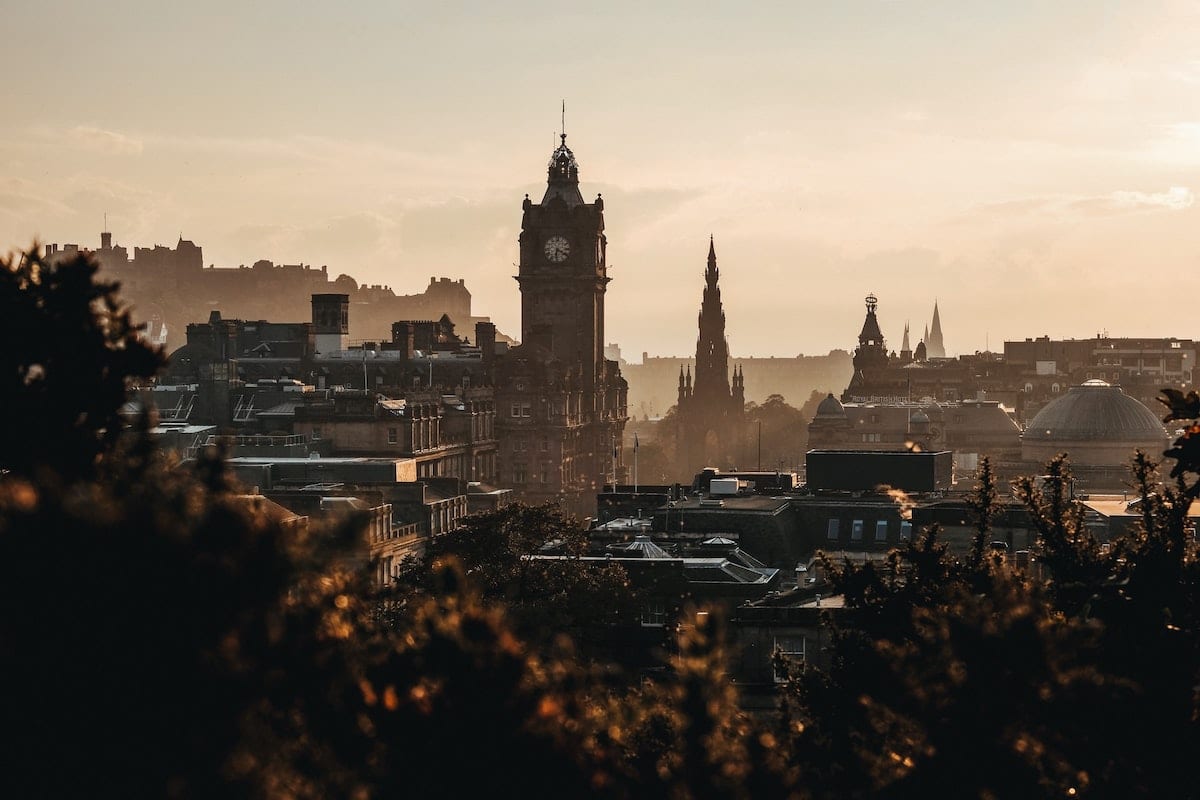Research has found that in the UK, 75% of urban areas in 2019 have illegal levels of air pollution, highlighting a large gap for progress to be made. Through covid, some cities did have a temporary decrease in nitrogen, however, this is now back on the rise again and increasing to levels that have been seen prior to covid. This only accentuates the need for change, as some cities are performing better than others – we must consider why this is and take into account energy usage, waste and recycling, green spaces and overall air quality.
Sheffield
Sheffield has been named by NatWest as the UK’s greenest city, after a study conducted into the top 25 populated cities. With one-third of Sheffield being part of the Peak District, 60% of its entire space is green. It also impressively boasts over 250 park and woodland spaces. It is estimated to have over 4.5 Million trees, which is more than any other city in Europe. They have committed to cutting down on air pollution by introducing the “Grey to Green“ scheme, which has re-decorated the city with new attractive cycling and walking routes. It has additionally been found that many residents in Sheffield use low amounts of energy and drive ultra-low emission zone compliant cars, in comparison to other cities.
Edinburgh
Edinburgh has been voted as the second greenest city in the UK, due to boasting an impressive 233.3m2 of green land space per person, as well as having the lowest number of car commuters than any other city. The report has reflected on the fact that it is all of our responsibilities to make an impact on the environment, and small acts such as using public transport where possible, using less and recycling more will inevitably have an impact on all of us in the future.
Bristol
In a recent study by Clothes2order, Bristol was ranked as the most sustainable city based on factors such as how much waste was recycled, the percentage of charity shops per resident and renewable energy cities. The University of Bristol stood out to be having a significant impact on these figures, through a variety of different schemes and incentives. Bristol city council has in the past banned private diesel-owned cars from their city centre to reduce emissions – keep it up, Bristol!
Cardiff
Cardiff Council has recently released plans to invest 2bn to tackle a number of environmental issues, from public transport and air pollution, as all these factors can have a large impact on our quality of life and how long we live. It will be interesting to see the impact of these policies in the years to come.
Brighton
Sunny Brighton has been crowned the most eco-friendly city in the UK- having the most vegetarian and vegan-friendly restaurants per person. They also have a significant number of allotments and charity shops per person, in comparison to other cities. It is found to have been the second-highest rate of people who choose to cycle.


